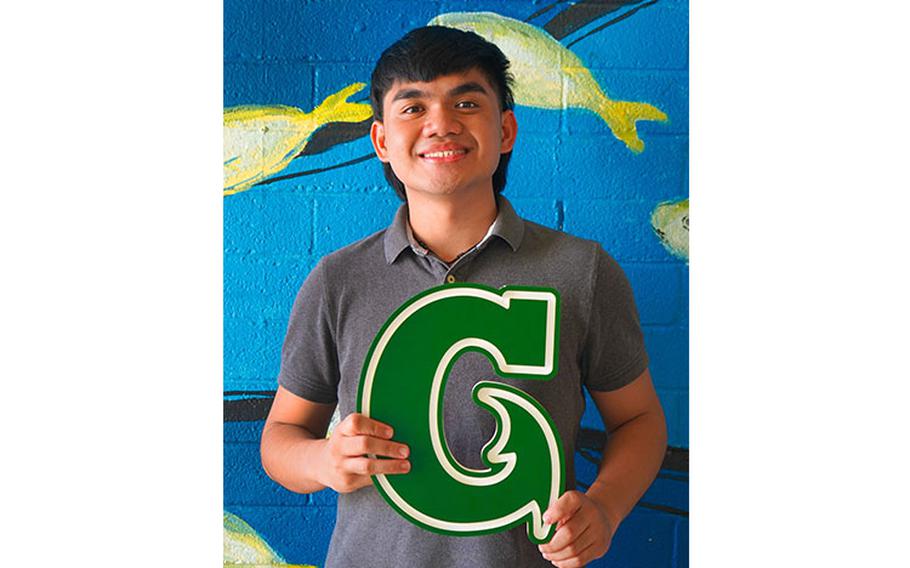Education
UOG student headed to Arctic to assist with climate change research
Extension Associate III, College of Natural & Applied Sciences, University of Guam April 3, 2023

Loreto Paulino Jr. was one of 11 students selected nationwide to go on an Arctic research expedition in July called the Polaris Project under the Woodwell Climate Research Center. Photo courtesy of Guam EPSCoR, University of Guam ()
This summer will be colder than usual for University of Guam student Loreto Paulino Jr., but it will also be unforgettable. The UOG chemistry major will be looking for information on climate change while camping in an Arctic region of Alaska with no phone, no internet, and access only by small plane.
Paulino is one of 11 students selected nationwide — and the first from UOG — to be on this year’s Polaris Project research team under the Woodwell Climate Research Center. The project describes its work, funded by the National Science Foundation since 2008, as investigating the fate of the vast quantities of ancient carbon locked in Arctic permafrost as it melts. It seeks to inform decision makers and the public about climate change and to train future Arctic researchers.
Paulino found out about the Polaris Project at the 2022 SACNAS Diversity in STEM Conference in Puerto Rico. He visited the booth for the Massachusetts Institute of Technology Woods Hole Oceanographic Institution — one of his top picks for grad school — and met Dr. Nigel Golden, a post-doctoral researcher studying the response of Arctic species to climate change, who encouraged Paulino to apply for the Polaris Project.
A program focused on diversity Paulino said he was drawn to the opportunity because of the project’s focus on addressing climate change and its focus on building diversity in STEM and among future leaders in Arctic research. When reviewing the application, Paulino said one question stood out to him: How do justice, equity, and inclusion relate to addressing climate change?
“I immediately thought of Guam and how unfair it is that the people living in this region, who will be hit the hardest by the effects of climate change, are not included in climate votes in the United States,” he said. “This exclusion highlights the urgent need to empower and include the most vulnerable communities in our efforts to tackle climate change.”
Paulino will head to Massachusetts in April for field safety training. He will then spend two weeks in July with the Polaris Project faculty and research staff doing intensive fieldwork in the Yukon-Kuskokwim Delta of Alaska. Each of the students will conduct their own research project there and then spend another two weeks back at Woodwell Climate Research Center analyzing their data.
Unexpected Alaskan experience “Alaska is a place I never imagined I would go, but I am excited to explore its beautiful wildlife and scenery,” he said.
Paulino is pursuing a degree in chemistry and a minor in mathematics with the ultimate goal of obtaining a doctorate in chemical oceanography, a field that studies the composition of seawater and how it interacts chemically with the atmosphere and marine organisms. It’s a field he hopes more students from Guam will get into as well.